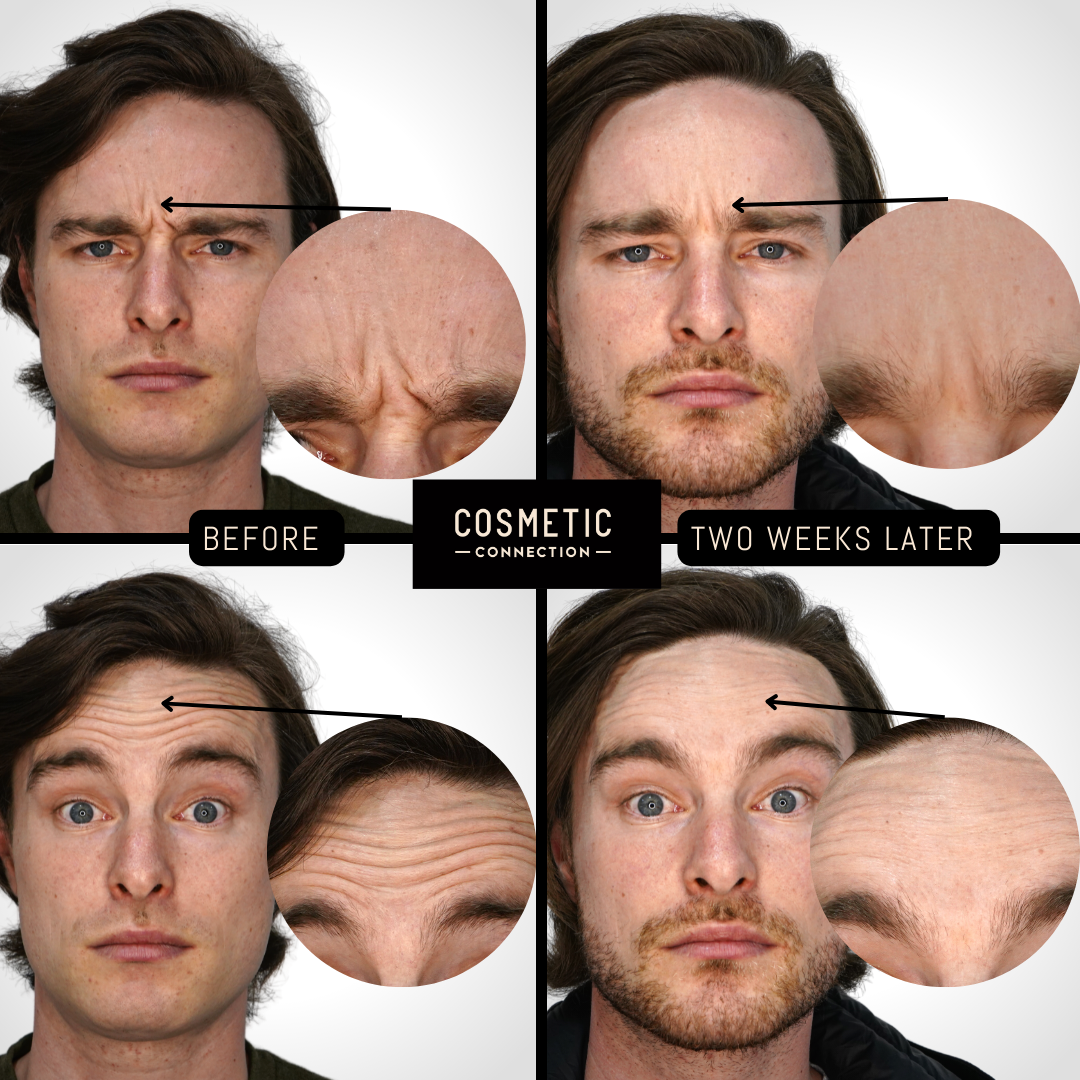With the rise in popularity and awareness of anti-wrinkle injections, myths and misinformation have also become commonplace. This article serves to dispel the most common myths about treatment with anti-wrinkle injections.
-
Myth: Anti-wrinkle injections are only for wrinkles.
Fact: While anti-wrinkle injections are often used to reduce the appearance of wrinkles, it can also be used for a variety of other medical and cosmetic purposes. These include treating excessive sweating, muscle spasms, and migraines.
-
Myth: Anti-wrinkle injections are dangerous and can cause serious side effects.
Fact: While any medical procedure carries some risk, anti-wrinkle injections have been extensively studied and has a long history of safe and effective use. Serious side effects from anti-wrinkle injections are rare, and most people experience only mild, temporary side effects, if any.
-
Myth: Anti-wrinkle injections will make you look frozen or expressionless.
Fact: When anti-wrinkle injections are administered by a skilled and experienced provider, they can smooth out wrinkles and fine lines without affecting your ability to make facial expressions. A good provider will work with you to achieve natural-looking results that still allow you to express yourself.
-
Myth: Anti-wrinkle injections are only for women.
Fact: Anti-wrinkle injections are not just for women. In fact, a growing number of men are turning to anti-wrinkle injections to improve their appearance and address a variety of concerns, such as wrinkles and excessive sweating.
-
Myth: Anti-wrinkle injections are expensive.
Fact: The cost of anti-wrinkle treatment can vary depending on the number of units used and the area being treated. While it is not a cheap procedure, many people find that the benefits of anti-wrinkle injections are well worth the cost, and are a great long-term investment in self-care.
-
Myth: Anti-wrinkle injections are only for people who are older.
Fact: While anti-wrinkle injections are often used to treat wrinkles and other signs of ageing, they can be used by people of all ages (over 18 years) to address a variety of concerns. Some people may choose to start using anti-wrinkle injections at a younger age as a preventative measure to help prevent the formation of wrinkles.
-
Myth: Anti-wrinkle treatment is painful.
Fact: Some people may experience mild discomfort during anti-wrinkle treatment, but it is generally considered to be a relatively painless procedure. Your provider may use a numbing cream or ice to help reduce any discomfort. Anti-wrinkle injections are often rated as mild on the pain scale, and are usually compared to a slight pinch that only lasts a second.
-
Myth: Anti-wrinkle injection results are immediate.
Fact: While you may see some improvement in the treated area within 2-3 days after anti-wrinkle treatment, it can take 2 weeks for the full effects to be seen. The results of anti-wrinkle injections can last for several months (3-5 months on average), and most people need to return for follow-up treatments to maintain the results.
-
Myth: Anti-wrinkle injections can cause sagging or drooping of the skin.
Fact: Anti-wrinkle injections work by relaxing the muscles that cause wrinkles, not by lifting or tightening the skin. In fact, many people find that anti-wrinkle injections can help to improve the overall tone and texture of their skin, making it appear smoother and more youthful.
-
Myth: Anti-wrinkle treatment is a one-time fix.
Fact: While the effects of anti-wrinkle injections can last for several months, most people need to return for follow-up treatments to maintain the results. The frequency of these treatments will depend on a variety of factors, including the individual’s age, skin type, and the area being treated. Most people repeat the treatment every 3-4 months.
If you’re interested in finding out more about anti-wrinkle injections and how it can help you, check out our dedicated anti-wrinkle treatment page.


